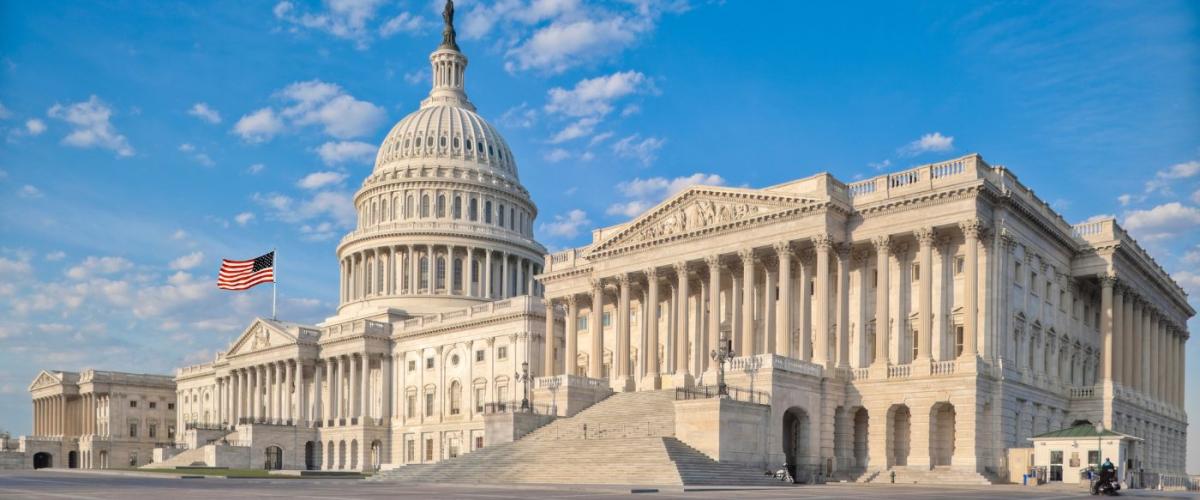The impact of the federal government’s shutdown on members of the university community depends largely on how long it lasts. If Congress and the White House quickly reach agreement on a new budget—or temporarily extend funding to provide more time to strike a deal—few will feel effects.
Even if the shutdown continues for weeks, federal funding for students’ Pell Grants and Direct Student Loans will continue. In addition, the university’s Office of Financial Aid will work with Student Financial services to remove any late fees applied because of delays related to the federal government’s closure.
That said, the negative effects for those on campus who rely on federal funding or services for their work or study will begin to grow if the government remains closed beyond seven days.
Below is a summary of what’s known so far about the federal government’s implementation of this shutdown; for specific questions, please see the end of this article for contact information for relevant university offices:
Services and Programs that Continue:
- Pell Grants and Direct Student Loans;
- Social Security, Medicare and Medicaid;
- Federal veterans’ hospitals;
- Interviews and appointments with U.S. Citizenship and Immigration Services (UCIS);
- Care for patients currently Involved in National Institutes of Health (NIH) research;
- Other federally funded research that does not require extensive interaction with federal employees and/or for which a researcher has not received a specific “stop work” order;
- Supplemental Nutritional Assistance Program (formerly known as the food stamp program);
- U.S. mail service;
- Air travel (Transportation Security Administration and Federal Aviation Administration);
- Crossing borders (U.S. Customs and Border Protection);
- Consular services (U.S. Department of State);
- Passports (If in a federal facility not affected by the shutdown).
Services and Programs Halted or Closed:
- Grant payments not yet made, processing of applications for federal research grants, new grant opportunities, review panels scheduled to assess proposals;
- Library of Congress;
- E-Verify (a federal system where employers check employees’ eligibility to work in the U.S.; some media reports have indicated that the agency will issue accommodations to allow individuals to begin work during the shutdown, with compliance checks addressed after the government re-opens);
- Federal Work Study (U.S. Department of Education staff assigned to this program will not be working during the shutdown, but the effect of their absence is likely to be quite limited in the short term).
Services and Programs Likely to be Delayed:
- G.I. Bill payments;
- IRS tax refunds.





